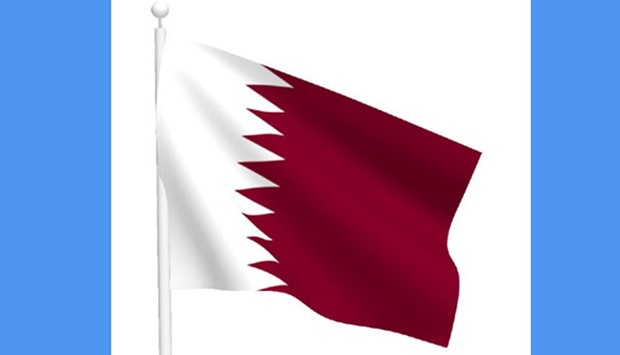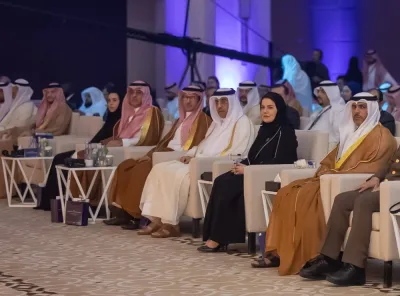A month after Saudi Arabia, the United Arab Emirates, Bahrain and Egypt severed diplomatic, trade and transport ties with Qatar, it is nowhere near an economic crisis.
The alliance against it, meanwhile, may not have options to inflict further damage.
As the world’s top liquefied natural gas exporter, Qatar is rich — at $127,660, its gross domestic product per capita in purchasing power terms is the highest of any country, according to the International Monetary Fund — it can deploy money to counter almost any type of sanction.
In the past month it has arranged new shipping routes to offset the closure of its border with Saudi Arabia, deposited billions of dollars of state money in local banks to shore them up, and drawn the interest of some of the West’s biggest energy firms by announcing a plan to raise its LNG output 30%.
The success of these initiatives suggests Qatar could weather months or years of the current sanctions — and that further sanctions being contemplated by the alliance may not prove decisive.
Saudi media reported this week that the new sanctions would include a pull-out of deposits and loans from Qatar by banks in alliance states, and a “secondary boycott” in which the alliance would refuse to do business with firms that traded with Qatar.
Those steps would not reach a point of destabilising its financial system or breaking the peg of its riyal currency to the US dollar, senior Qatari businessmen and foreign economists said.
Qatar may face higher import costs as it would have to use less convenient shipping routes, but not to the point of having to cancel big state-led economic projects.
“An outright recession looks very unlikely to us, even if the sanctions continue into next year,” Jason Tuvey, Middle East economist at London-based Capital Economic, said.
The Qatar Central Bank had $34.8bn of reserves in May and Qatar’s sovereign wealth fund is estimated to have around $320bn of assets, of which over $200bn may be liquid foreign assets.
A secondary boycott against Qatar might prove less effective than pulling money from its banks.
It is not clear the alliance could maintain such a measure for long because it might break World Trade Organisation rules specifying equal treatment of countries.
A “national security exception” might be invoked to justify a boycott, but foreign firms and governments — including Qatar’s big LNG customers in Asia — could oppose it strongly, fearing a precedent might be sent.
In the mid-1990s, GCC states abandoned an attempt to maintain a secondary boycott against Israel.
Capital Economic’s Tuvey said any interruption to Qatar’s LNG exports could be devastating, but there appeared to be little prospect of it. “For one thing, it could be damaging to all the oil exporters in the Gulf,” he said.

qatar flag


